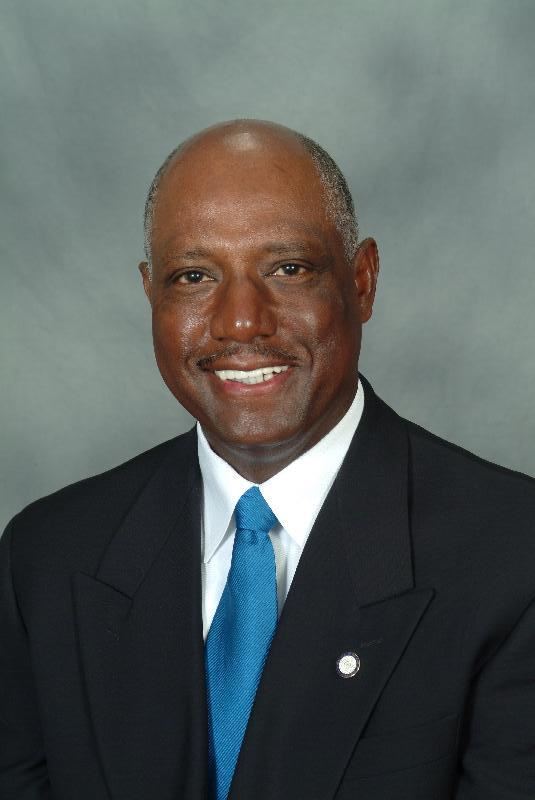
Written by for the Oklahoma Venture Forum.
For over 30 years, the Oklahoma Center for the Advancement of Science and Technology (OCAST) has been the state’s agency for technology development, technology transfer, and technology commercialization. With Governor Kevin Stitt’s goal to make Oklahoma a Top 10 state, OCAST is doing its part through partnerships and collaborations to stimulate economic development and technology-based economic development.
“We help to get science and technology projects, support those through our grant process and elevate Oklahoma’s science and technology community so that we’re competitive nationally as well as globally,” explained OCAST’s Executive Director, Michael Carolina. “We have some leading-edge researchers and research companies that benefit from OCAST’s grants, and they’re able to attract federal grants as well as private money from the private sector to accelerate research to commercialization or conversion; the conversion of technology to the marketplace.”
With the task to grow and diversify Oklahoma’s economy, Carolina described his job as atypical. Before joining OCAST, he worked in management and executive positions with the Western Electric Company, AT&T and Lucent Technologies. While with AT&T and Lucent Technologies, he was involved in engineering, strategic planning, new product design and introduction, manufacturing, technology transfer, and joint venture operations in Europe, Asia and Latin America.
“I think in Oklahoma, we have an asset base here that’s pretty rich. Again, with our higher education system, with our industrial complex that includes energy and includes aerospace and defense, bioscience, biotechnology, information technology, manufacturing, healthcare,” Carolina said. “The healthcare industry is growing, and so I think there are a lot of things that we can point to that are strengths in a global economy.”
One example of OCAST’s success stories, which Carolina plans to discuss during his presentation for OVF, is the work of Craig Shimasaki at Moleculera Labs.
“[Moleculera Labs] is doing some work now on the impact of COVID or the correlation of COVID and brain health and mental health,” Carolina said. “That’s a real success story. Craig Shimasaki was able to take an OCAST grant and leverage that with federal dollars as well as private investment to move the autism spectrum along. Hopefully, we’ll have some effective treatments for it.”
From research to pre-seed dollars to seed capital dollars to manufacturing through intern partnerships, OCAST is developing the local talent base Oklahoma needs to go forward and keep the state from losing engineering STEM talent.
“If we have the kind of industrial base that’s attractive to our graduates when they leave our higher education system, they’re more likely to stay in the state because they have jobs in their specific areas of study,” explained Carolina. “We can organically grow our own businesses from scratch. And that’s basically our task as OCAST, to help businesses grow organically.”
For Oklahoma to be top 10 in more areas, Carolina said it would require some strategic investment. By taking advantage of our geography, educational assets at the university level, industrial base, and the pioneer spirit of Oklahoma’s citizens, he believes we can make a difference and make Oklahoma relevant and competitive on a national and international scale.
“It requires working with our politicians, our legislature, the governor, and his team saying, how do we coalesce those assets, so that Oklahoma becomes not a Silicon Valley, but we can become a technology corridor,” Carolina said.
Michael Carolina will be speaking at the Oklahoma Venture Forum Power Lunch on Wednesday, October 14, 2020. Be sure to register for the online ZOOM event to learn more about OCAST, ask your questions, and network with entrepreneurs in Oklahoma. As a member, he encourages others to join the community and help with new ideas. He is looking to addressing the OVF and having some dialogue about where people think we should go next.
